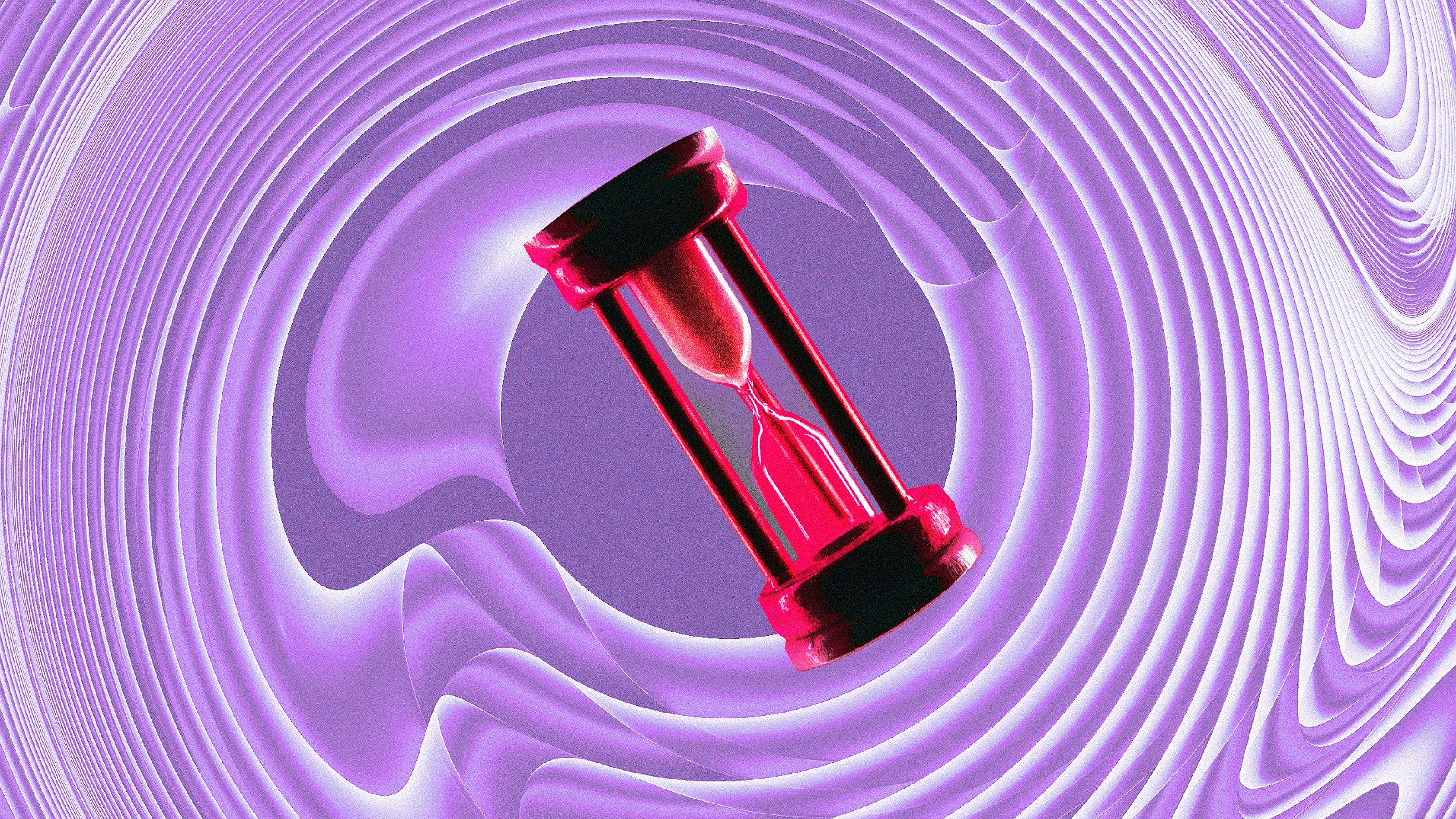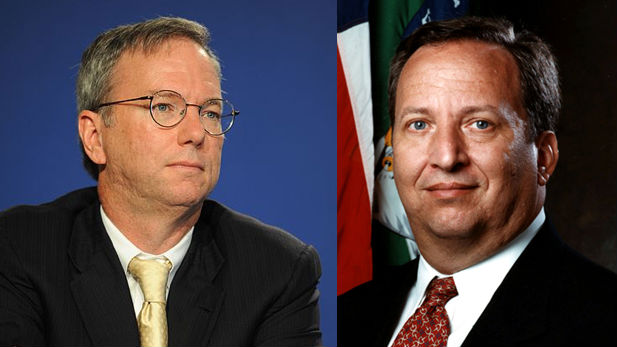Ray Kurzweil: The Six Epochs of Technology Evolution

Sponsored by:
Ray Kurzweil is an expert at predicting the future. Some of his career highlights include foreseeing the fall of the Soviet Union, the invention of the Internet and a computer beating a man at chess.
So what will the coming decades hold for us? In tracking our progress in the technological-evolutionary journey, Kurzweil has identifies six epochs, each of which is characterized by a major paradigm shift.
Kurzweil describes where we came from, where we are today, and where we’re going, in this video below:
What’s the Big Idea?
- To recap, here are the 6 epochs of Technology Evolution, as defined by Kurzweil:
- Epoch 1. Physics and Chemistry
At the beginning of the universe, all information existed at the subatomic level.
- Epoch 2. Biology and DNA
- With the beginning of life on Earth, genetic information was stored in DNA molecules, and yet organisms takes thousands of years to evolve.
- Epoch 3. Brains
Evolution produced increasingly complex organisms. The birth of the brain allowed organisms to change their behavior and learn from past experiences.
- Epoch 4. Technology
Humans evolved into organisms with the ability to create technology. We are right now in the final stages of this epoch.
- Epoch 5. The Merger of Human Technology with Human Intelligence
Biology and technology will begin to merge in order to create higher forms of life and intelligence.
- Epoch 6. The Universe Wakes Up
Theis epoch will see the birth of super-intelligence, and with it, humans/machines expanding into the Universe.
What’s the Significance?
So what does this all mean for us today and in the near-future? For one thing, it will be harder than ever before to find a distinction between human and machine. In fact, “it will be all mixed up,” Kurzweil says. “The bottom line is we are one human-machine civilization. This technology has already expanded who we are and is going to go into high gear when we get to the steep part of the exponential [curve].”
Some key dates along the way: by 2020, “we’ll have computers that are powerful enough to simulate the human brain, but we won’t be finish yet with reverse-engineering the human brain and understanding its methods.” That will happen by 2029, when “we’ll have reverse-engineered and modeled and simulated all the regions of the brain. And that will provide us the software/algorithmic methods to simulate all of the human brain’s capabilities including our emotional intelligence. And computers at that time will be far more powerful than the human brain.”
Sound both scary and liberating? It should.
Kurzweil predicts, among other things, that biotechnology will stop aging. But we’ll keep having sex, and just get rid of the death part.





